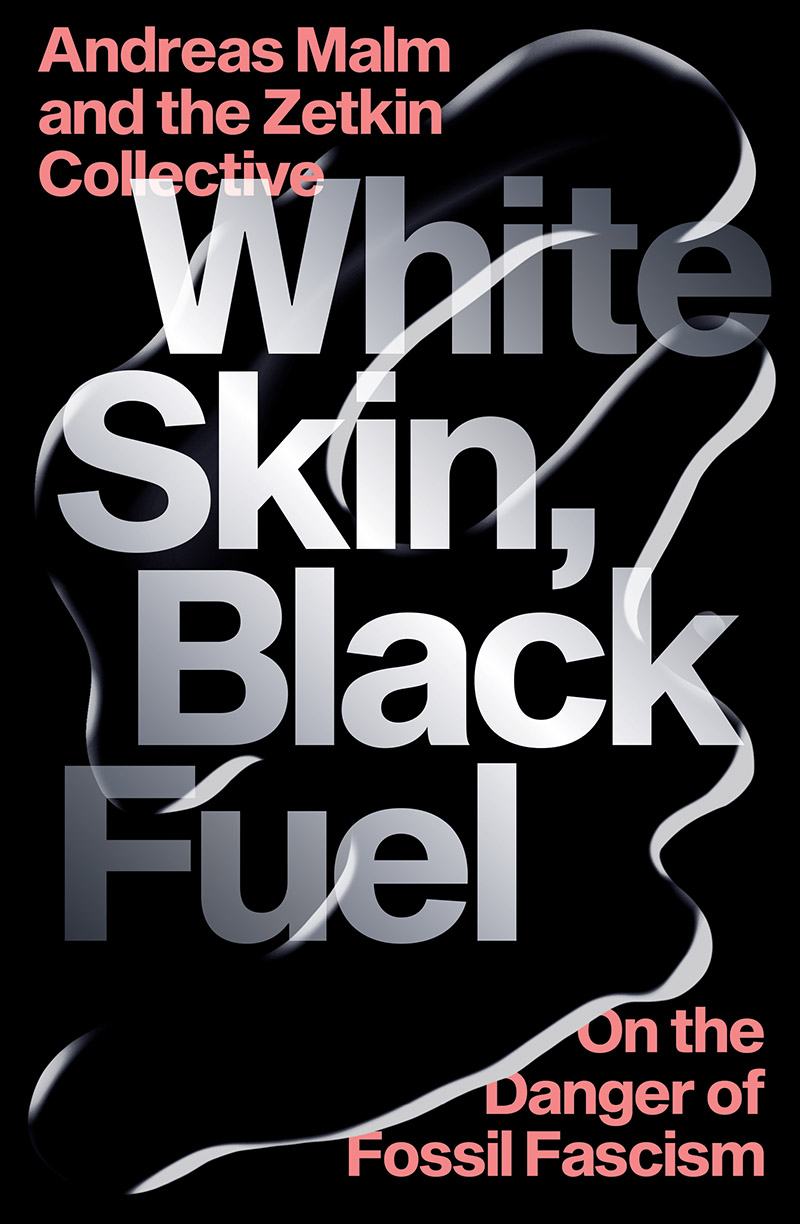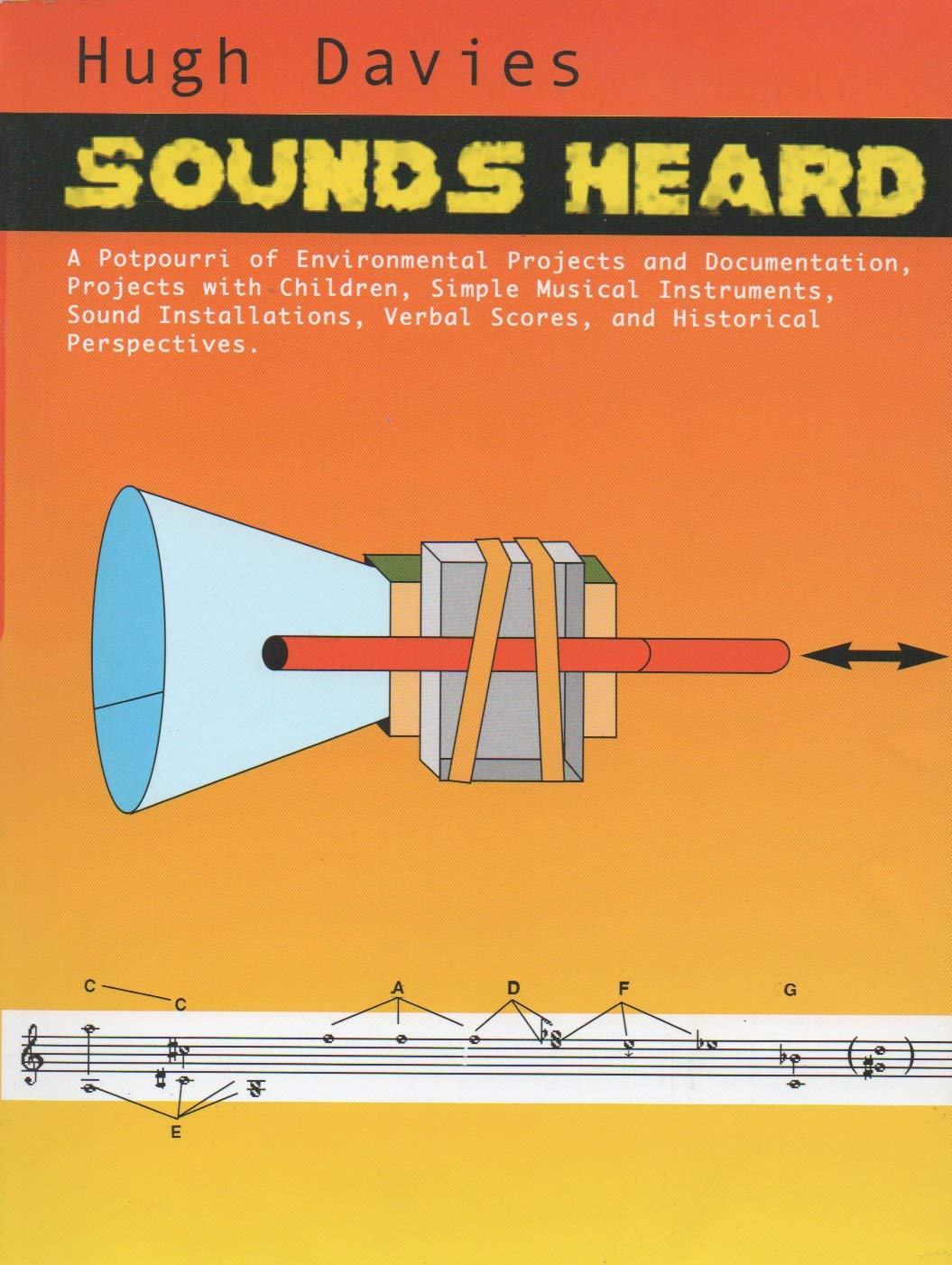Andreas Malm, The Zetkin Collective: White Skin, Black Fuel: On the Danger of Fossil Fascism (2021)
Filed under book | Tags: · activism, capitalism, climate, climate crisis, conspiracy, environment, far right, fascism, immigration, oil, politics, race, racism

“What does the rise of the far right mean for the battle against climate change?
In the first study of the far right’s role in the climate crisis, White Skin, Black Fuel presents an eye-opening sweep of a novel political constellation, revealing its deep historical roots. Fossil-fuelled technologies were born steeped in racism. No one loved them more passionately than the classical fascists. Now right-wing forces have risen to the surface, some professing to have the solution—closing borders to save the nation as the climate breaks down.
Epic and riveting, White Skin, Black Fuel traces a future of political fronts that can only heat up.”
Publisher Verso Books, London, May 2021
ISBN 9781839761744, 1839761741
xviii+558 pages
Interviews with authors: Walid Mebarek w/ Lise Benoist (El Watan, 2020, FR), Wen Stephenson w/ Andreas Malm (The Nation, 2021).
Reviews: Sophie Chapelle (Basta, 2020, FR), Paul Guillibert (Contretemps, 2020, FR), Alex King (Spectre Journal, 2021).
Publisher (EN)
Publisher (FR)
WorldCat (EN)
EPUB (updated on 2022-11-21)
PDF (added on 2021-8-13 via t-1000)
See also Malm’s How to Blow Up a Pipeline (2021).
Comment (0)Hugh Davies: Sounds Heard: A Potpourri of Environmental Projects and Documentation, Projects with Children, Simple Musical Instruments, Sound Installations, Verbal Scores, and Historical Perspectives (2002)
Filed under sound recording | Tags: · composition, electronic music, environment, experimental music, improvised music, music, music criticism, musical instruments, sound, sound art

“Sounds Heard is not only a collection of writings intended for people who are interested or involved in contemporary music, especially those performers – including children – who lack a formal musical training. It also charts a wide cross-section of the activities of an intriguing musical personality. At different times in Hugh Davies’ nearly 40 year career he has been variously described as “the world’s leading electromusicologist”, “the most informed person around on the general subject of new instruments”, “unique English composer”, “one of the most interesting instrument inventors of recent decades”, “the remarkable live-electronics ‘freak”‘, an “electronic wizard”, “a humanist” and “I have never seen any music teacher who is as fond of children as he is”. Do these really refer to only one person? Who is the real Hugh Davies? Why has his modesty prevented him from being better known?
This book focuses on many of Davies’ insights about working as an artist, a musician, a composer, a performer, an instrument inventor, an educator and a researcher. He takes nothing for granted, and there are always wider implications than his own immediate involvement. Even his more avantgarde scenarios are tempered with his “very British sense of humour”. Many of the different areas of experimental music since the 1960s are touched on, including electronic music, live electronics, invented instruments, sound sculpture, sound installations and free improvisation, in all of which he was one of the British pioneers.
The CD illustrates a cross-section of the themes covered in the book. As with most of Hugh Davies’ solo performances and recordings, no conventional instruments were used on the entire album, with the exception of one short piece in which existing music has been manipulated with tape techniques.” (from back cover)
Publisher Soundworld Publishers, Chelmsford, 2002
ISBN 1902440056, 9781902440057
124 pages
PDF (29 MB)
Selections from accompanying CD
Feral Atlas: The More-Than-Human Anthropocene (2020)
Filed under online resource | Tags: · animal, anthropocene, art, ecology, environment, human, infrastructure

“Feral Atlas invites you to explore the ecological worlds created when nonhuman entities become tangled up with human infrastructure projects. Seventy-nine field reports from scientists, humanists, and artists show you how to recognize “feral” ecologies, that is, ecologies that have been encouraged by human-built infrastructures, but which have developed and spread beyond human control. These infrastructural effects, Feral Atlas argues, are the Anthropocene.
Playful, political, and insistently attuned to more-than-human histories, Feral Atlas does more than catalog sites of imperial and industrial ruin. Stretching conventional notions of maps and mapping, it draws on the relational potential of the digital to offer new ways of analyzing—and apprehending—the Anthropocene; while acknowledging danger, it demonstrates how in situ observation and transdisciplinary collaboration can cultivate vital forms of recognition and response to the urgent environmental challenges of our times.”
Curated and Edited by Anna L. Tsing, Jennifer Deger, Alder Keleman Saxena and Feifei Zhou
Publisher Stanford University Press, 2020
ISBN 9781503615045, 1503615049

